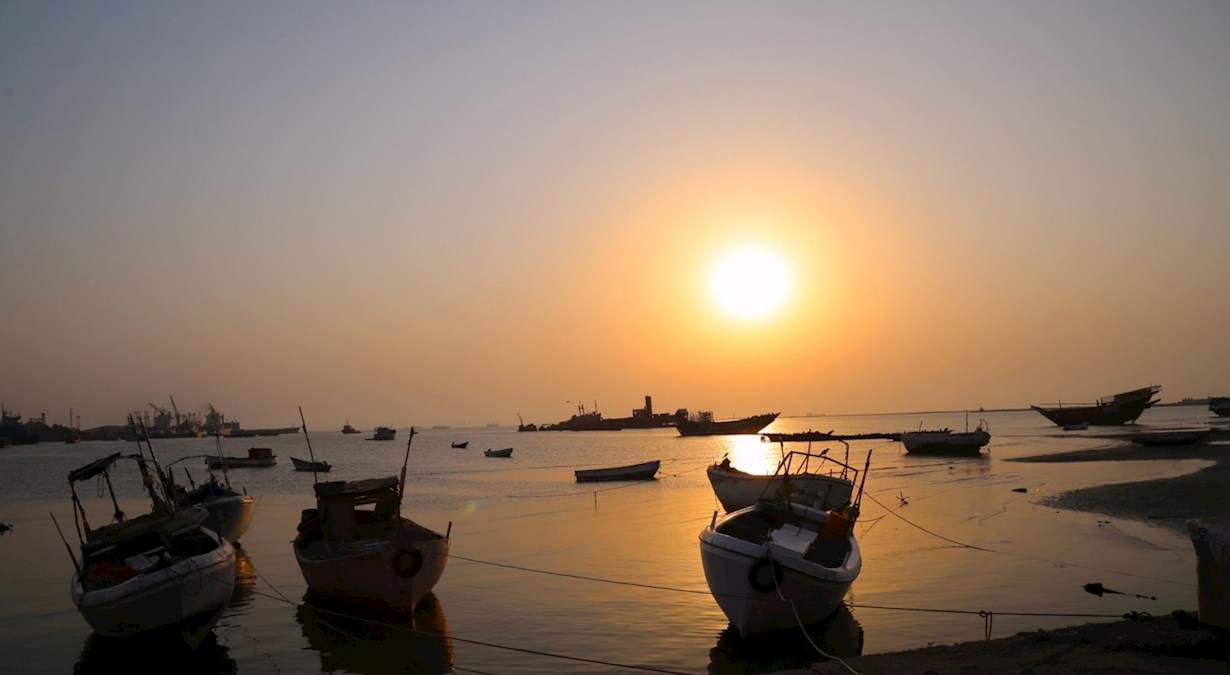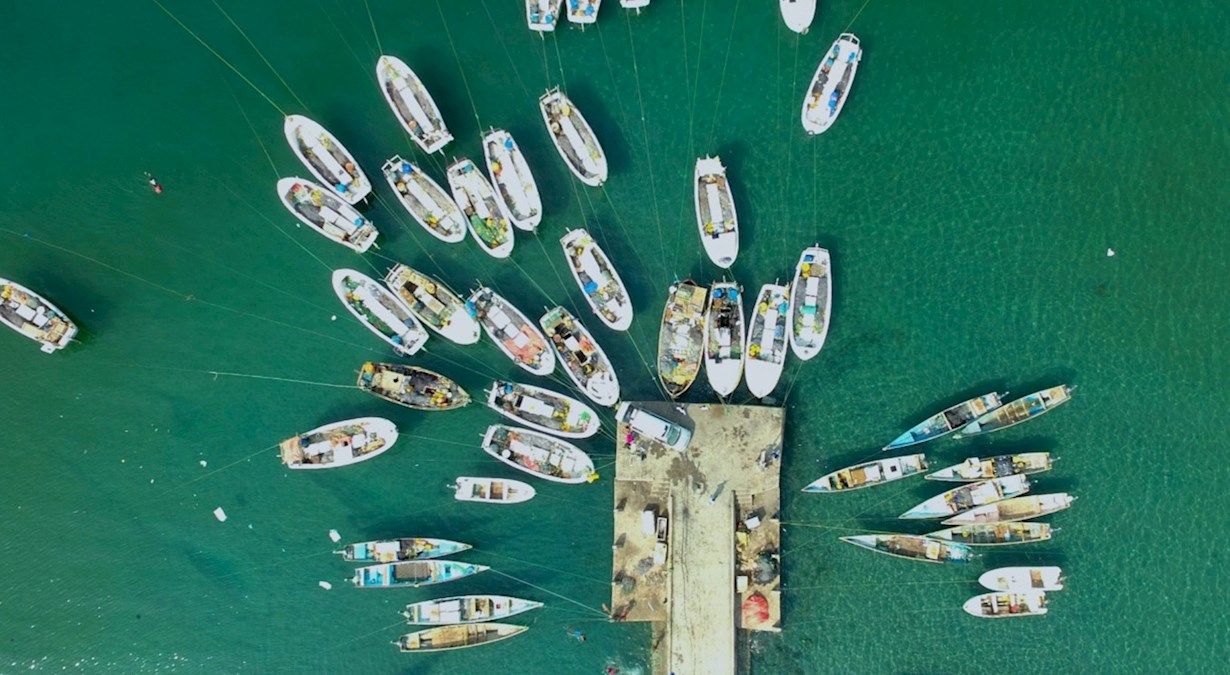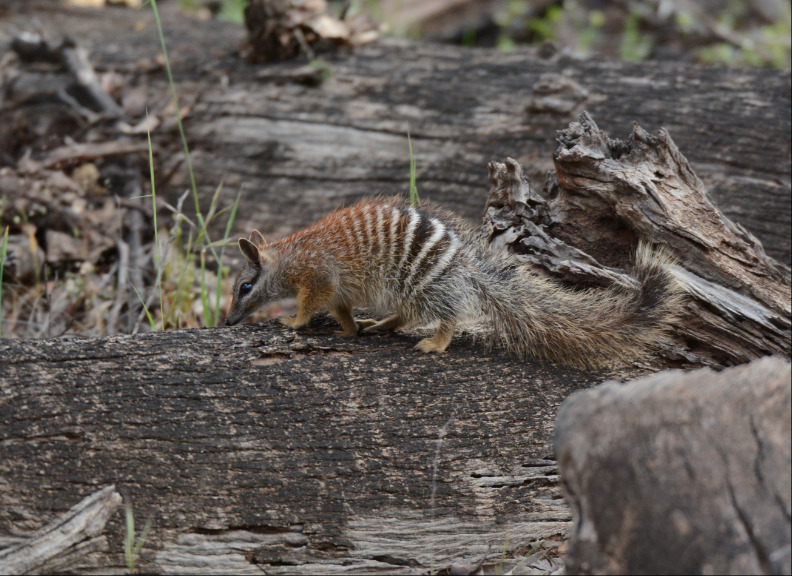
PROJECT
Using satellite data to enhance our understanding of fisheries in the Indian Ocean and globally
Compiling extensive data of fishing on the high seas
The Sea Around Us – Indian Ocean at The University of Western Australia and the Sea Around Us – Global at the University of British Columbia (Canada) have reconstructed fisheries catch data for every country in the world, and have spatially allocated these catches to a spatial resolution that better reflects fisheries in an ecologically meaningful space.
Recently, the Global Fishing Watch (GFW) developed advanced data handling and machine learning algorithms to use Automatic Identification System (AIS) data on ship movements and activity patterns to quantify the behaviour of the global fishing fleet, and to map trends in vessel activities and efforts on a spatial scale.
The data compiled by Global Fishing Watch represents a goldmine for evaluating the spatial extent and impacts of fishing on the high seas as vessels with AIS data account for 50 to 70 per cent of the total fishing effort in waters beyond national jurisdiction (high seas).
A recent collaboration between our groups demonstrated that industrial fishing in the high seas is enabled by large government subsidies, without which around 54 per cent of current high seas fishing areas would be unprofitable. Patterns of fishing profitability varied between countries, types of fishing, and distance to port, e.g. deep sea bottom trawling produces net economic benefits only thanks to subsidies. Much fishing by the world’s largest fishing fleets would be unprofitable without subsidies and low labour costs.
Our current project will harmonise and integrate both datasets (GFW satellite data and Sea Around Us fisheries data) at the global scale, with the Indian Ocean being the initial test case. A partnership has been established between the Sea Around Us – Indian Ocean, the Sea Around Us – Global and the Global Fishing Watch to facilitate such collaborations and to enhance the utility of both datasets, which will feed more accurate information into international policy environments and management agencies.
For more background information, see the suggested readings below.
- Suggested readings
-
- Pauly D and Zeller D (2016) Catch reconstructions reveal that global marine fisheries catches are higher than reported and declining. Nature Communications 7: 10244.
- Tickler D, Meeuwig JJ, Palomares M-L, Pauly D and Zeller D (2018) Far from home: Distance patterns of global fishing fleets. Science Advances 4(8): eaar3279.
- Kroodsma DA, Mayorga J, Hochberg T, Miller NA, Boerder K, Ferretti F, Wilson A, Bergman B, White TD, Block BA, Woods P, Sullivan B, Costello C and Worm B (2018) Tracking the global footprint of fisheries. Science 359(6378): 904-908.
- Sala E, Mayorga J, Costello C, Kroodsma D, Palomares MLD, Pauly D, Sumaila UR and Zeller D (2018) The economics of fishing the high seas. Science Advances 4(6): eaat2504.
Research team leader: Professor Dirk Zeller
I lead the Sea Around Us – Indian Ocean research initiative, and direct and coordinate research activities of the Sea Around Us associated with the Indian and Pacific ocean regions, and co-direct global Sea Around Us research with Daniel Pauly (University of British Columbia). I lead research on data reconstructions and illegal and unreported fishing, fishing effort and assessments of stocks, coral reef fisheries, ocean governance, fisheries policy and economics. I have a background in tropical marine biology and fisheries ecology from James Cook University, and have professional interests in marine and fisheries conservation and global fisheries sustainability, strategic and global policy developments and resource economics.
How to apply
Interested in becoming part of this project? Complete the following steps to submit your expression of interest:
Step 1 - Check criteria
General UWA PhD entrance requirements can be found on the Future Students website.
Requirements specific to this project:
- a strong academic record
- demonstrated excellent written and oral communications skills
- ability and willingness to conduct desktop-based big-data science (i.e. no field work)
- familiarity with fisheries science, fisheries ecology and/or marine ecology is desirable
- experience with computer programming, such as R, GIS and databases systems (e.g. SQL) is desirable
Step 2 - Submit enquiry to research team leader
Step 3 - Lodge application
After you have discussed your project with the research team leader, you should be in a position to proceed to the next step of the UWA application process: Lodge an application. Different application procedures apply to domestic and international students.
Scholarships
- Domestic students
-
All domestic students may apply for Research Training Program and University Postgraduate Awards (UPA) scholarships
- International students
-
A range of scholarships are available from international organisations and governments. The full list, organised by country, is available on the Future Students website.
In addition, all international students may apply for International Research Training Program scholarships.
- Indigenous students
- Indigenous students are encouraged to apply for Indigenous Postgraduate Research Supplementary Scholarships.
- Forrest Foundation scholarships
- All international and Australian students who wish to study towards the degree of Doctor of Philosophy (PhD) at The University of Western Australia may apply for Forrest Scholarships.





































